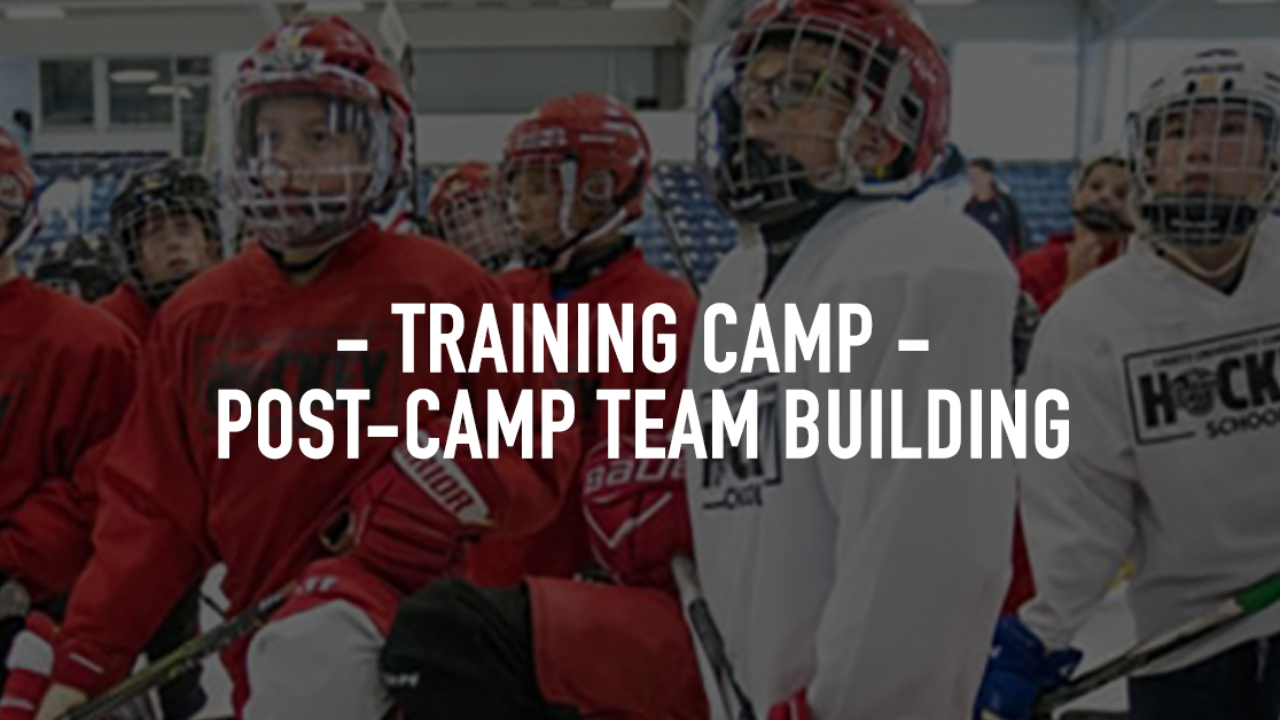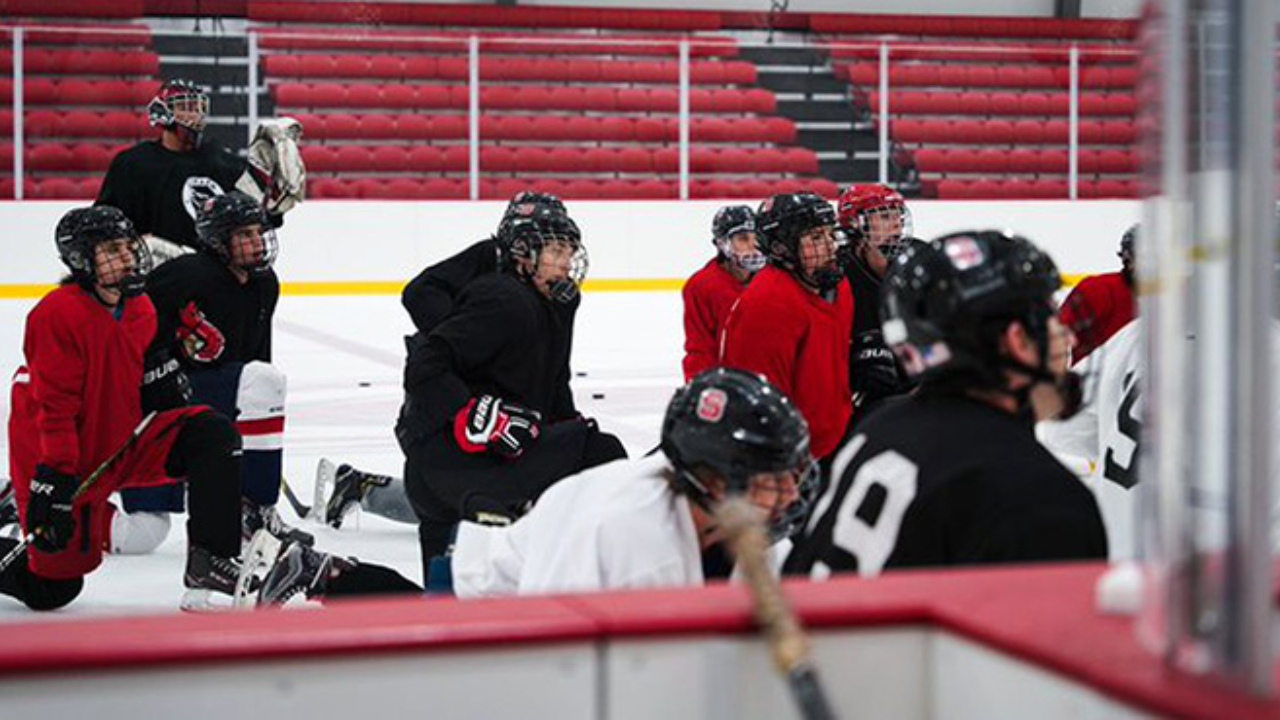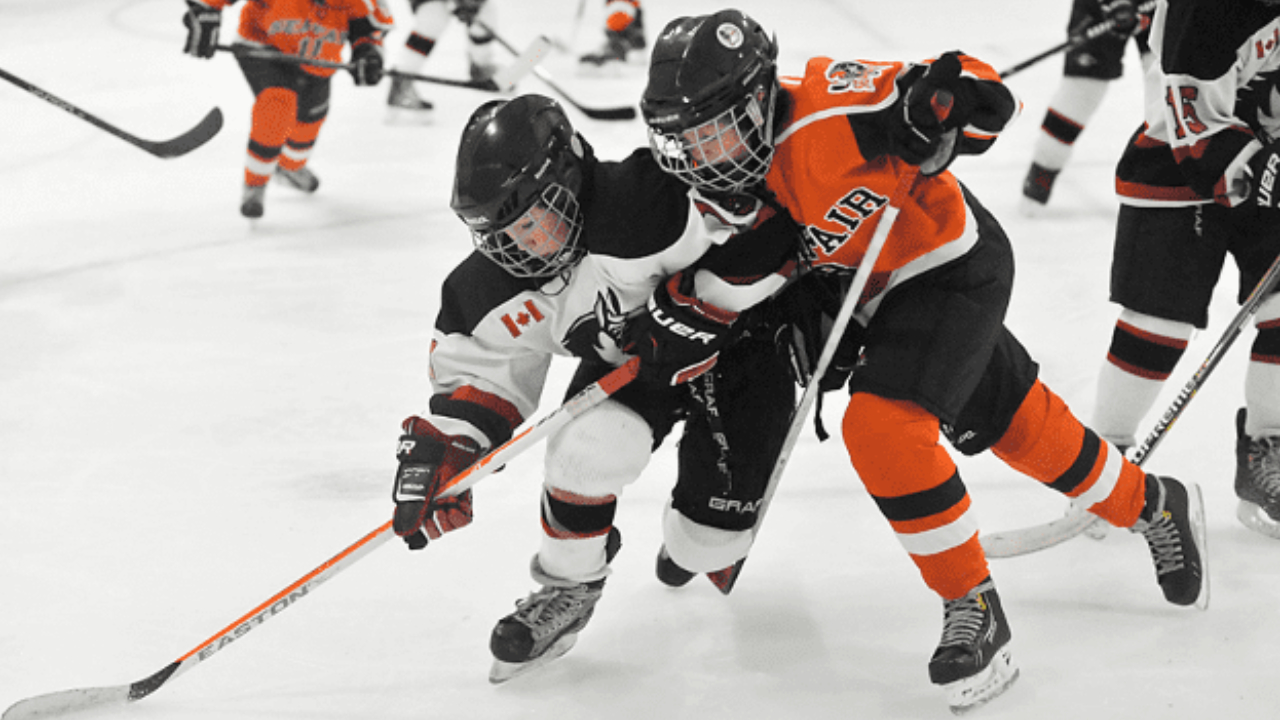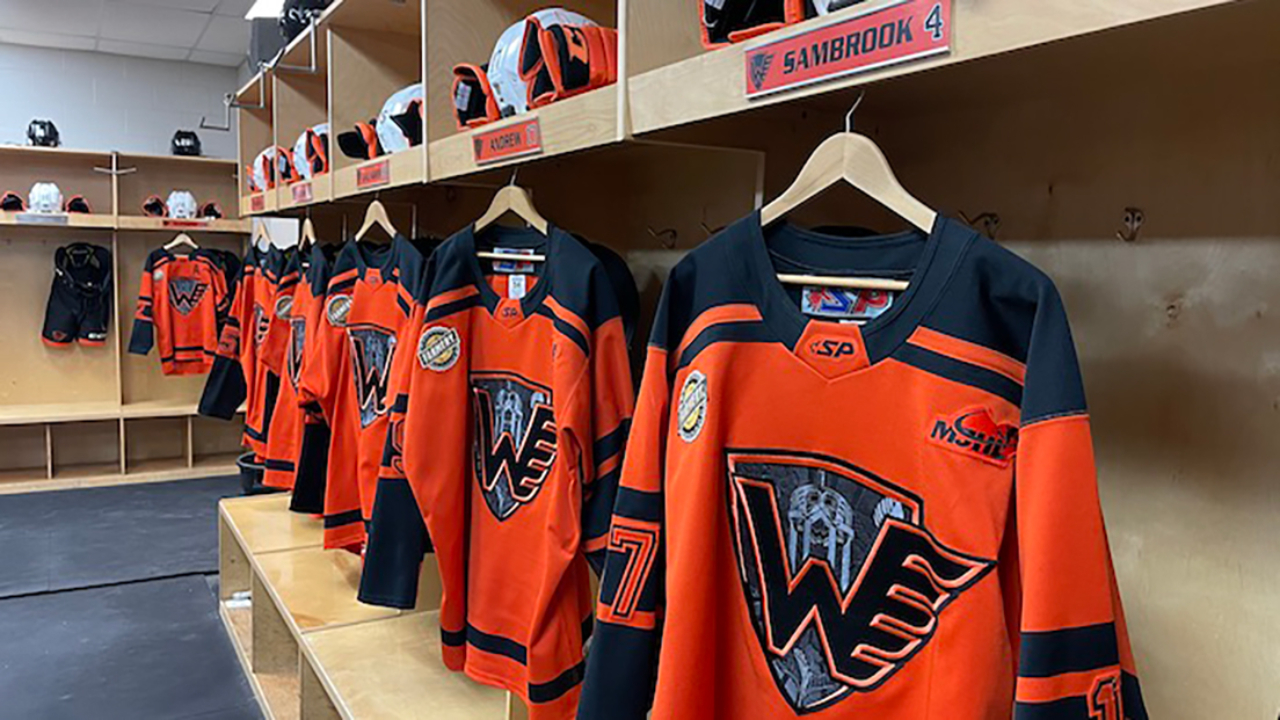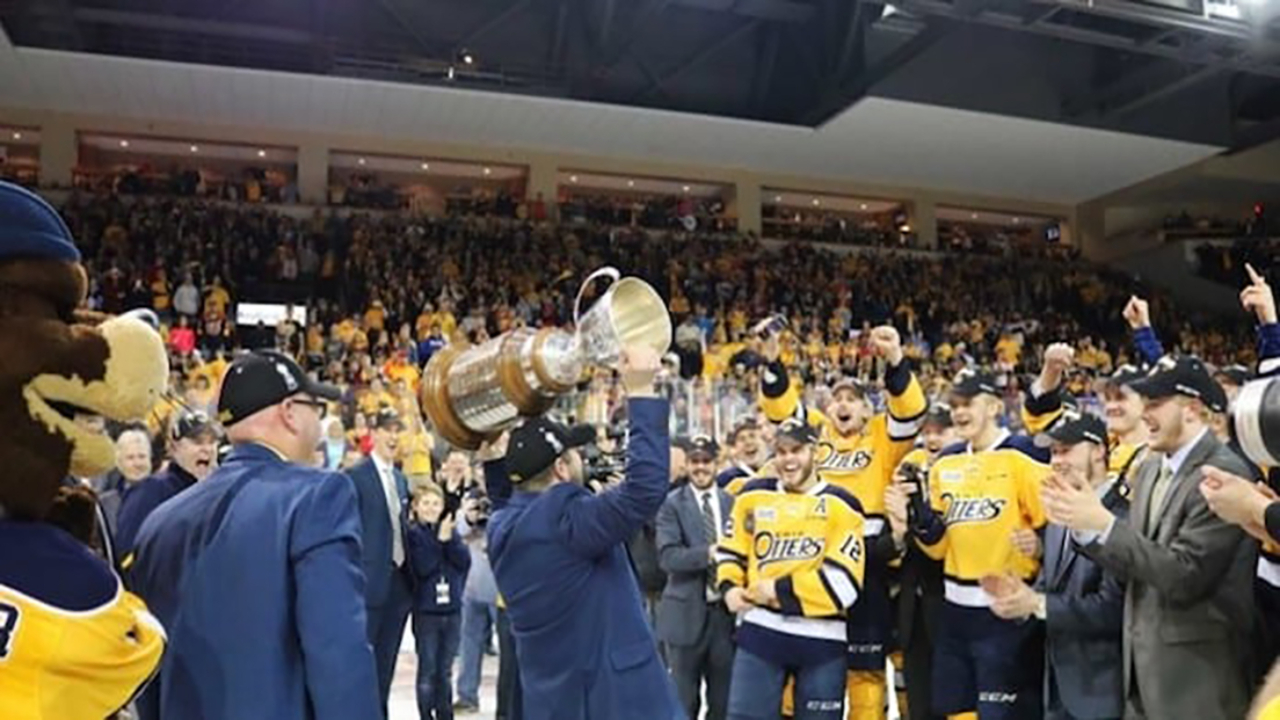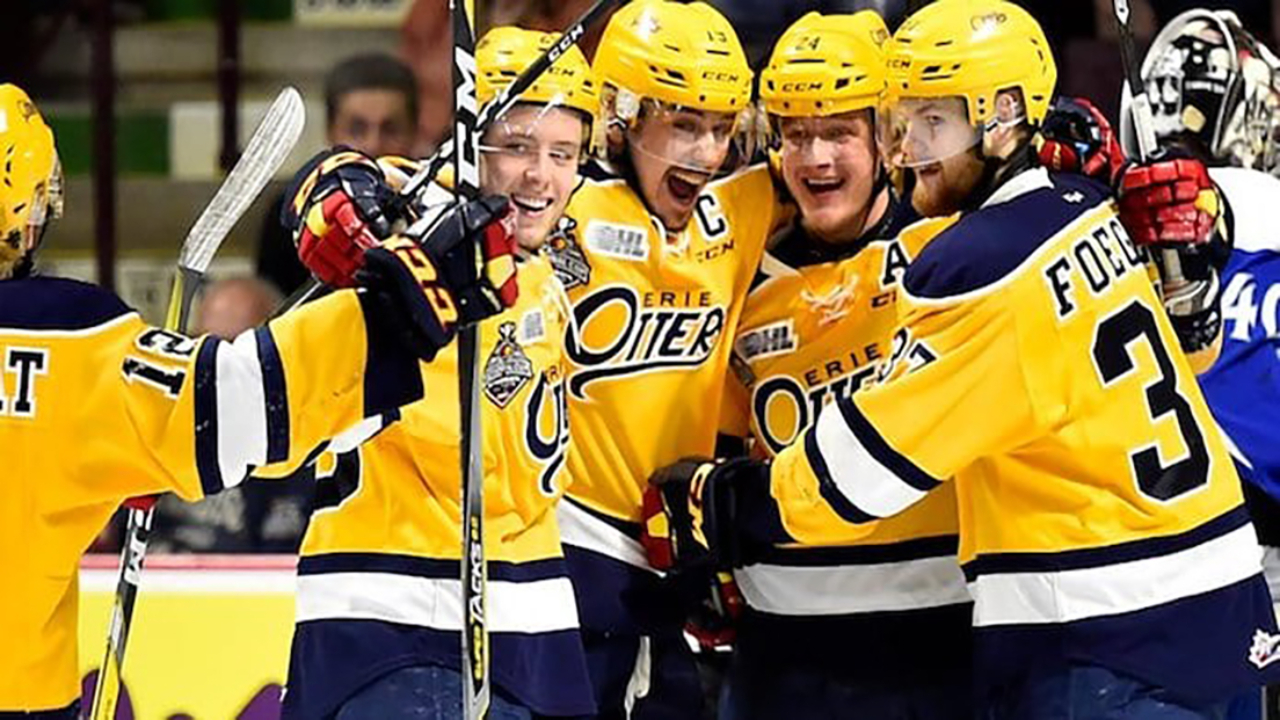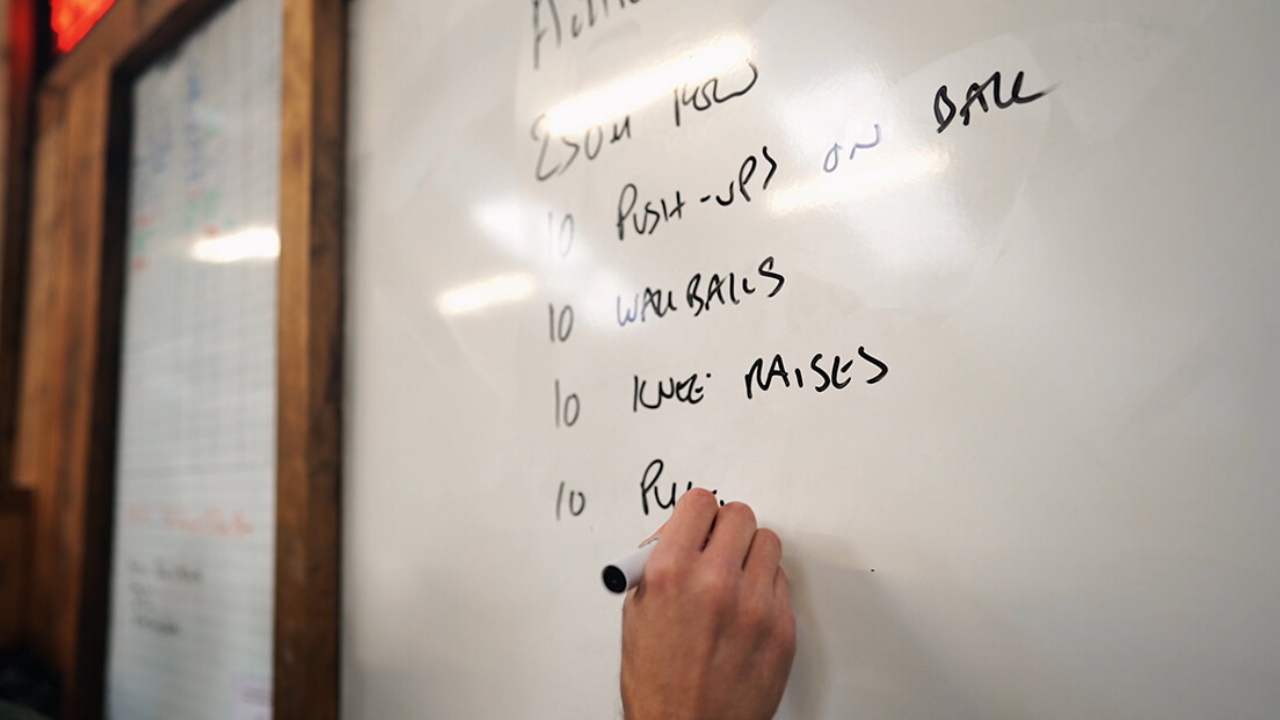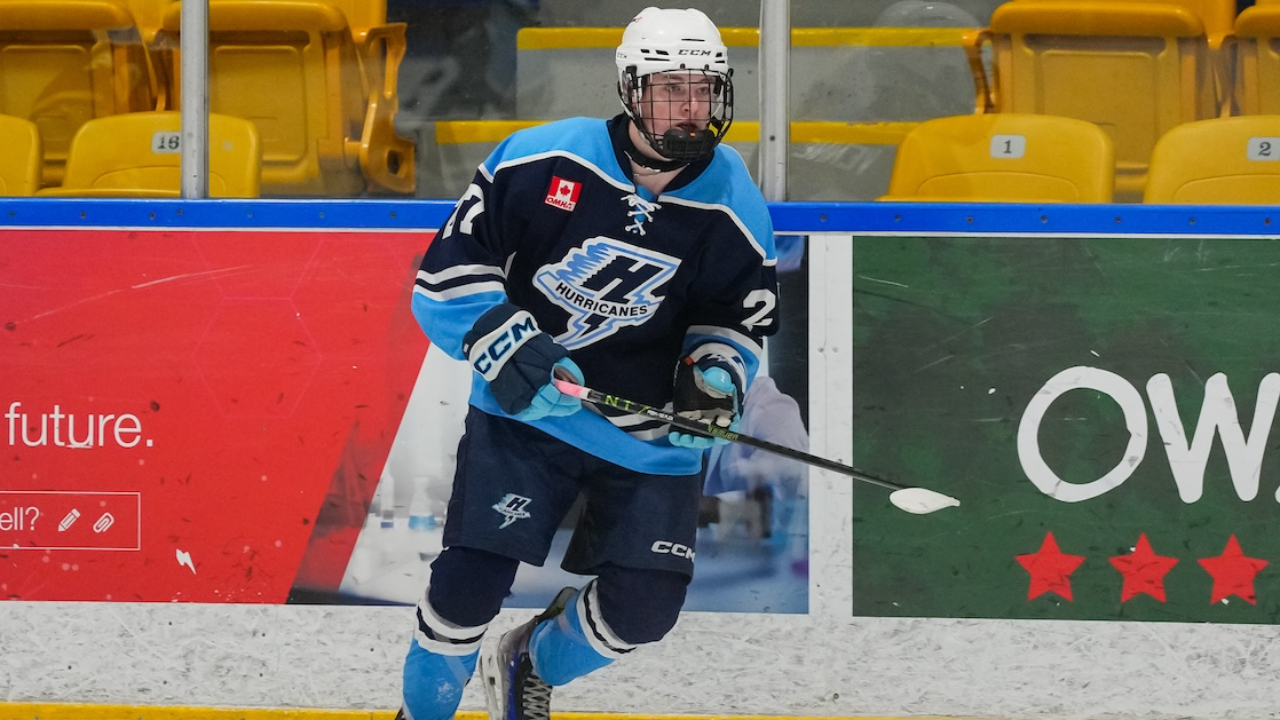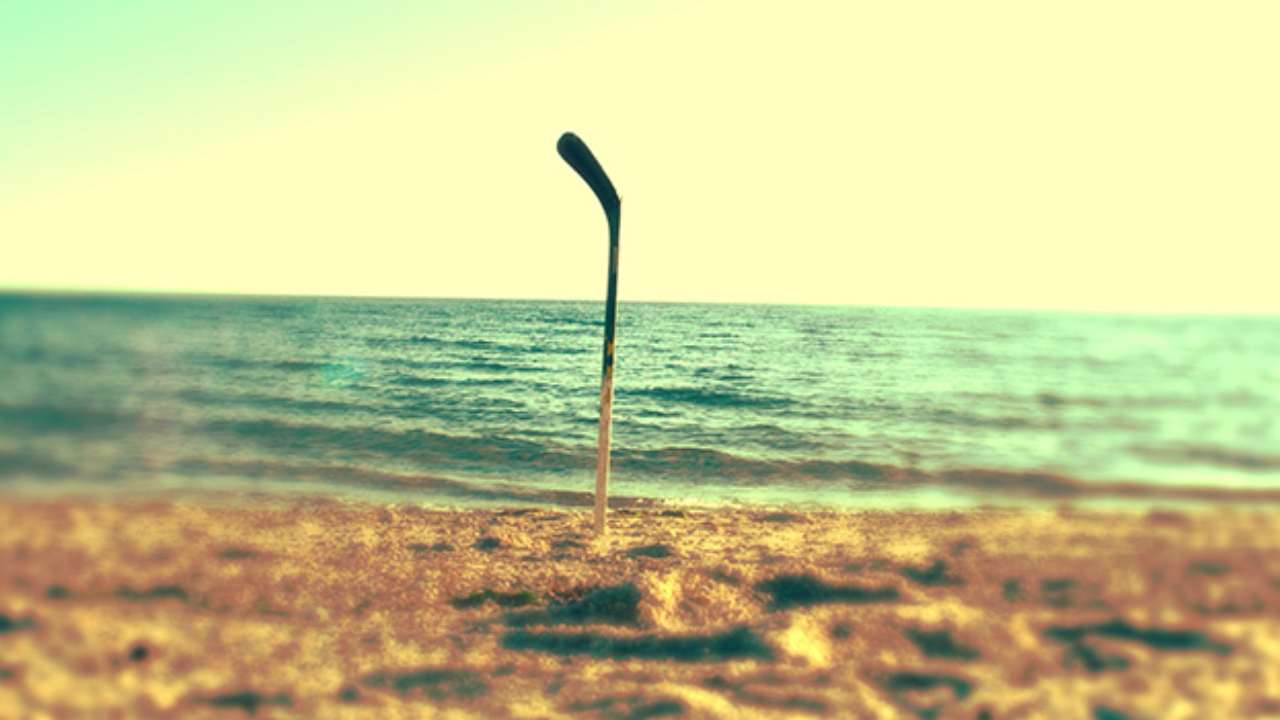
What’s the first part of a coaches’ off-season checklist? Create a checklist!
A significant off-season challenge for me is being in the right place at the right time when the right place and the right time is random. From the end of August until playoffs are over, we operate on a fixed schedule, an unbreakable routine, a daily ritual that can occur on cruise control. For me, I’ve learned that my focus is sharp and my energy is consistent when the details are consistent. I’ve also learned I’m not alone – during interviews in the spring it’s easy to see that there are others out there like me who appreciate going to the rink at the same time each day, storing their gear with care, and going about their business in more or less the same manner each day.
During the off-season that all changes. No one is telling me where to go (during the season I tell myself where to go), so I’m not at the whim of a set schedule. I have to think for myself, and that ain’t easy! So when it came time to write this article, my time management skills were forced into over-drive. You might think I sound like a crazy person right now, but I’ve made peace with it, this is part of what helps me find success.
So what’s the first part of a coaches’ off-season checklist?
1. Create a checklist
Seriously. It might seem like you have a lot of time before next season’s training camp, but it always gets late a lot earlier than we expect. A bit of downtime to decompress is wise, but if you’re anything like me, you start to crave the sweet, sweet dopamine hit that comes after you accomplish a task. But before you can accomplish said task, you need to prioritize. The lack of outside noise can be deafening in the summer, so it’s natural to remain still longer than you might like when there aren’t any time-sensitive issues that require your attention. In other words, it’s easy to succumb to inertia and gradually melt into a useless mass of anxiety.
Unless you create a list! Write down everything you want to accomplish in the off-season in order of importance and get ready to take care of business.
2. Check in with your people – occasionally
Few accomplish much during times of pressure without good people surrounding them. If you’ve built a powerful off-ice team, then chances are there’s mutual respect, understanding, and trust. If your team lacks those values, you’re in trouble. You might not know it yet, but it’s coming.
Checking in with your people in the off-season goes a long way. It doesn’t have to centre on hockey, either. If you truly care about your people, then you’ll be happy they’re taking time away from the game, just like you are (supposed to be). A point for care though – respect their boundaries. I realize we exist in an industry that’s running 24-7, but I also believe fatigue leads to frustration, which leads to burnout, and that’s not productive. There’s a balance to be struck between being available and setting boundaries. This is one of my personal goals for this summer – set boundaries and communicate them. This week I’m averaging 134 notifications in a day, which is down by 25% from my weekly average of 190. 190! In a single day! How on Gord’s green Earth do I remember everything?
Anyways, I hope to check in with my staff periodically throughout the summer, but only to increase our power and future potential, not to annoy the shit out of them.
It’s also important for me to check in with people I don’t work with or see every day during the season. My relationship with The Coaches Site, for instance, is near and dear to my heart. They can’t seem to get rid of me no matter how hard Aaron and Jay try.
3. Revisit your systems even if you think they’re perfect
The main reason I want to keep my notifications down is because I actually want to focus on hockey. When the NHL playoffs are on, I want to be sitting with my feet up ready for ideas. Key faceoff plays, forechecks, o-zone play – it’s all good stuff, but it’s not feasible for me to reinvent the way my team plays during the season. There’s no higher level of competition than the NHL playoffs, so it’s the best times to study the best teams and steal what they do well.
For example, a couple summers ago, I found a simple yet effective method of delivering a forecheck. Let’s call it a 2-3 – the New York Islanders used it to perfection and became a very good hockey team because of it. I thought great! I can use this forever. But it doesn’t work that way, does it – if you’re done learning and adapting then you’re going to be done, period. It’s a reason why TCS Live is going to be such a huge smash hit again this summer. The gang is back with more insight, content, and knowledge than ever. Can’t beat it!
Learn more about TCS Live here.
4. Reflection: Values vs. Culture
If you’ve read anything I’ve written in this space over the years, you know I’ve adopted culture as the most important aspect of all my teams. But this summer I’m changing that. Culture is old news, and I’ll tell you why – a few years ago in the early morning after a tough road loss I was at a mechanic’s shop getting a remote starter installed in my truck (Manitoba, heard of it?). Still groggy and annoyed, I was asked about the previous night’s game, and a conversation about “winning culture” ensued. Why didn’t we win? Why didn’t we have a winning culture? In my mind the answer was easy – we’d have a winning culture if we’d won the f%&*ing game!
In retrospect I was probably a little more short than I should have been (story of my life), so I’m sorry about that Johnny. I’ve told that story a few times, but I didn’t realize what the point of it was until now – culture is out of our control. Culture is a result, a product of your values. I’ve learned over the years that our teams’ identities are more closely related to our work habits than our records. In makes sense – for a team to have an identity tied around their outcomes, every player would be similar, and that’s not feasible. Every individual player brings her or his unique approach to the rink and the gym, and the result of all those powerful influences, those values, is culture.
So what does that mean for the off-season? It means that I never would have thought of all that if I didn’t have time to think about it, read about it, and probably steal it from somewhere I can’t remember right now. And that’s only possible if I’m not picking up my phone 190 times a day.
Reflect on your team and your approach this summer. Put in the work, mix in some leisure, and take care of your people. That’s the only way you’ll be truly motivated to get back to the rink next fall.


